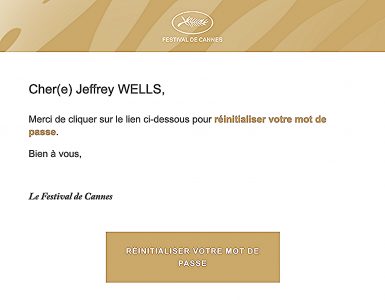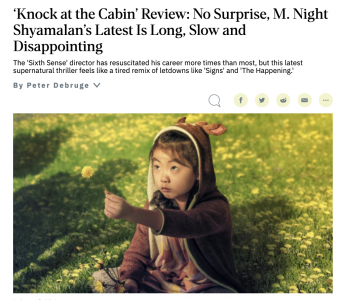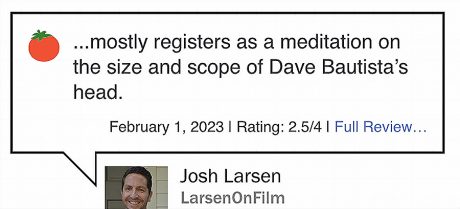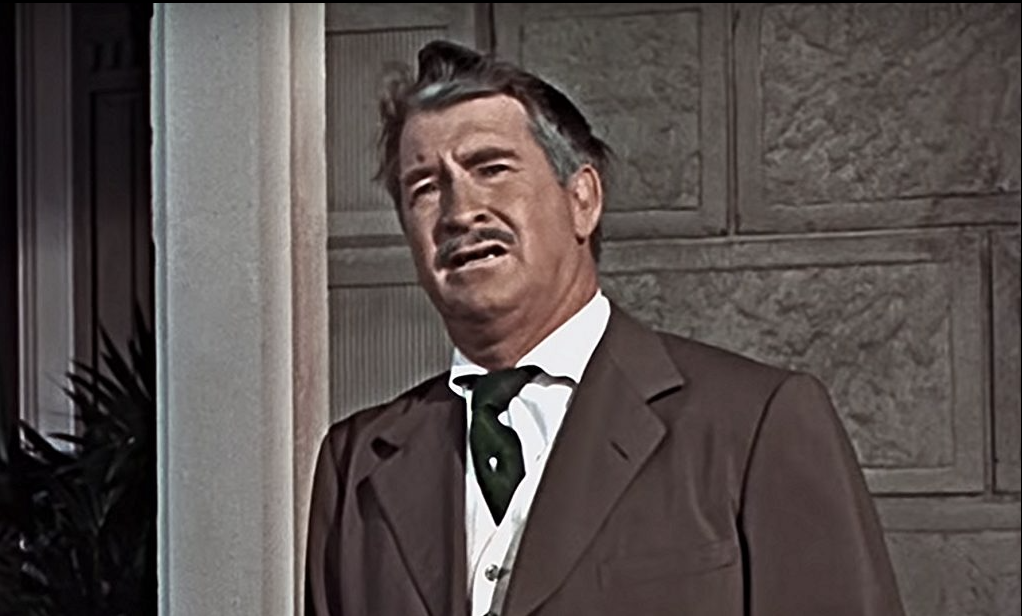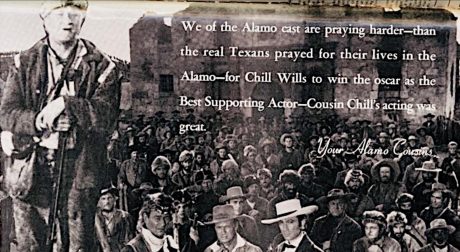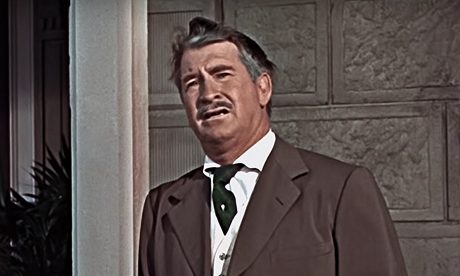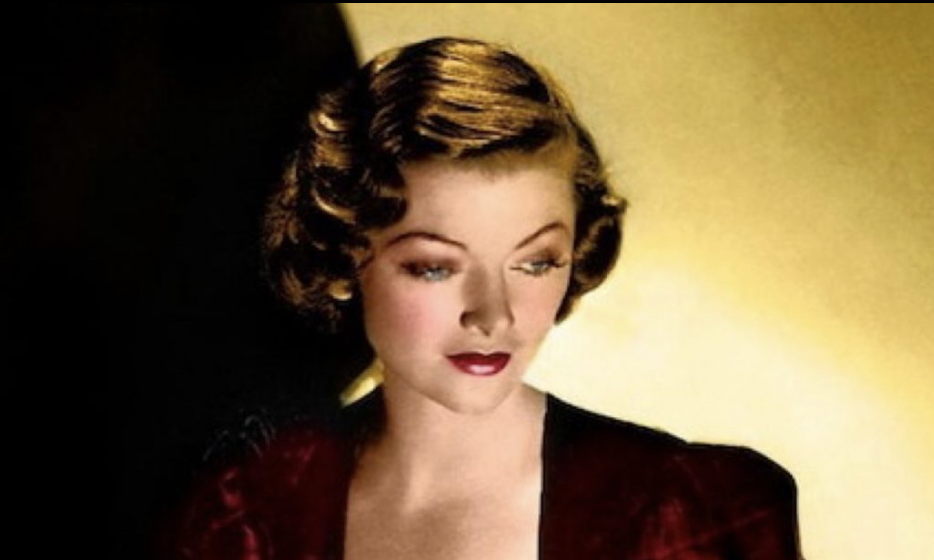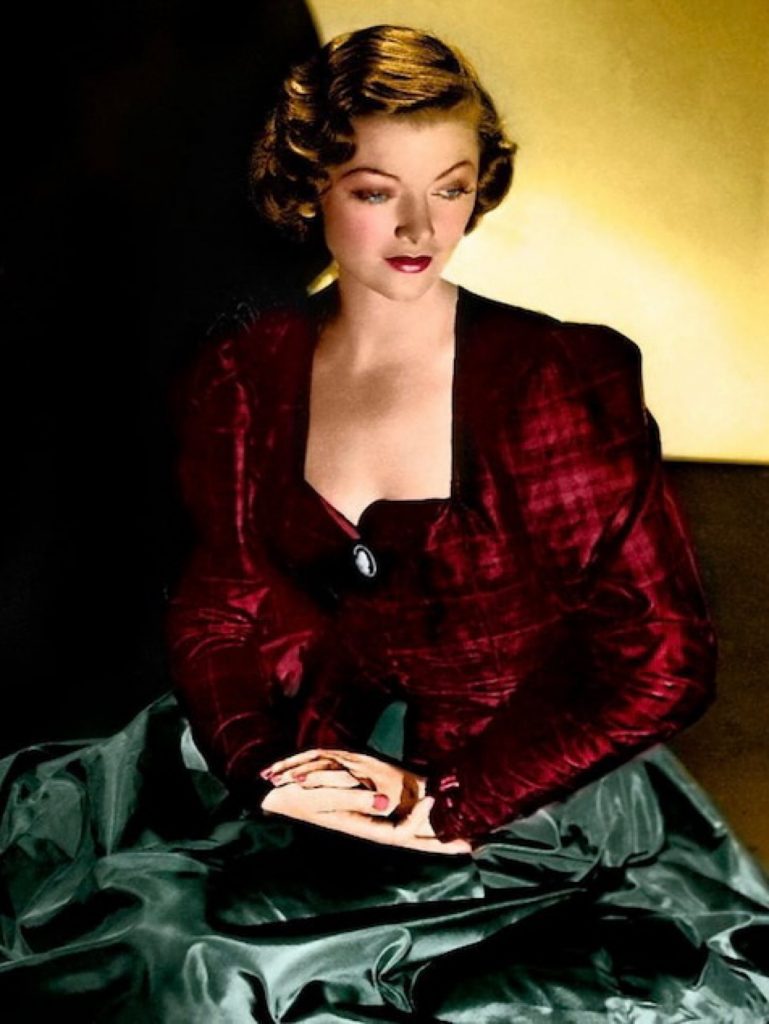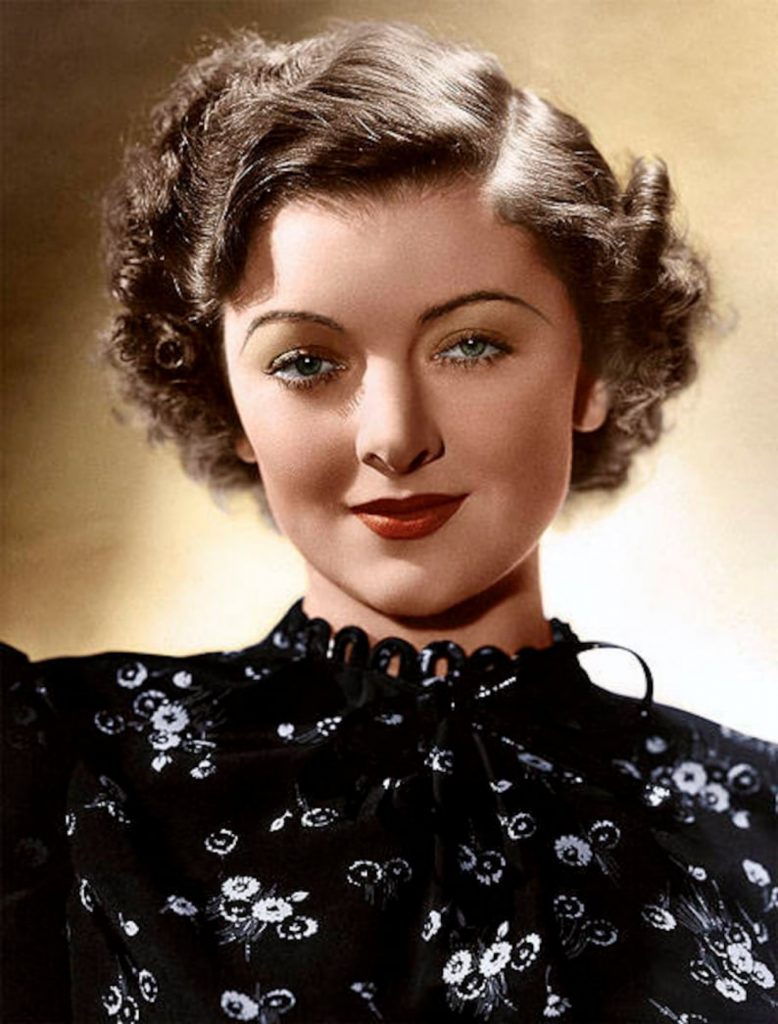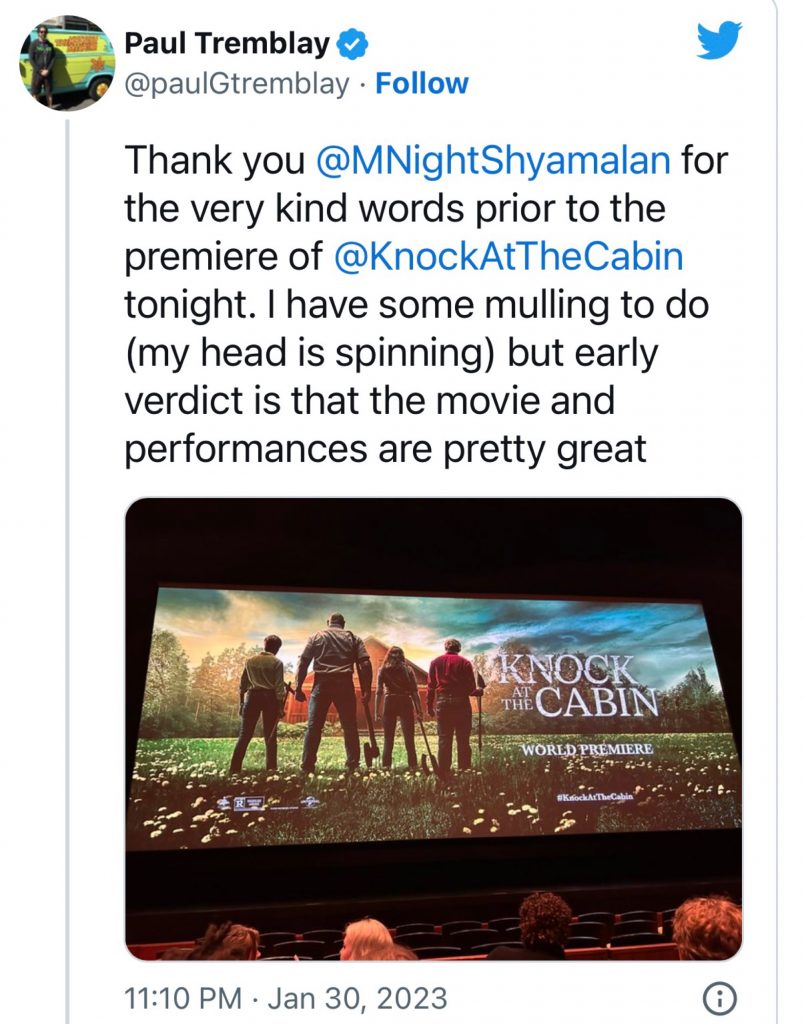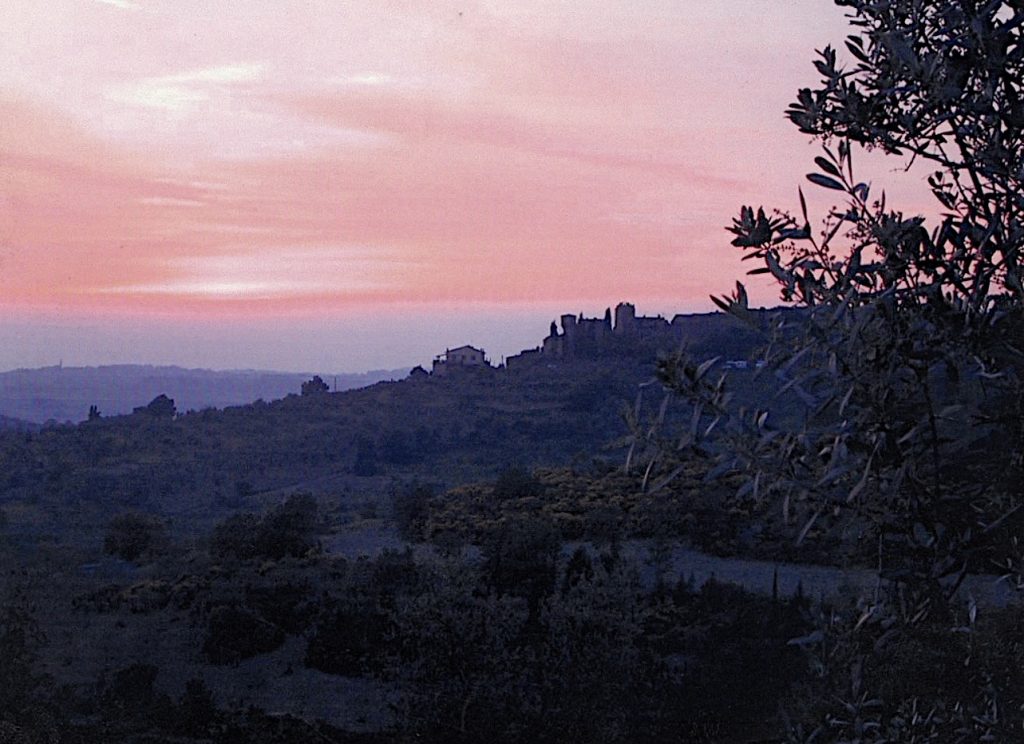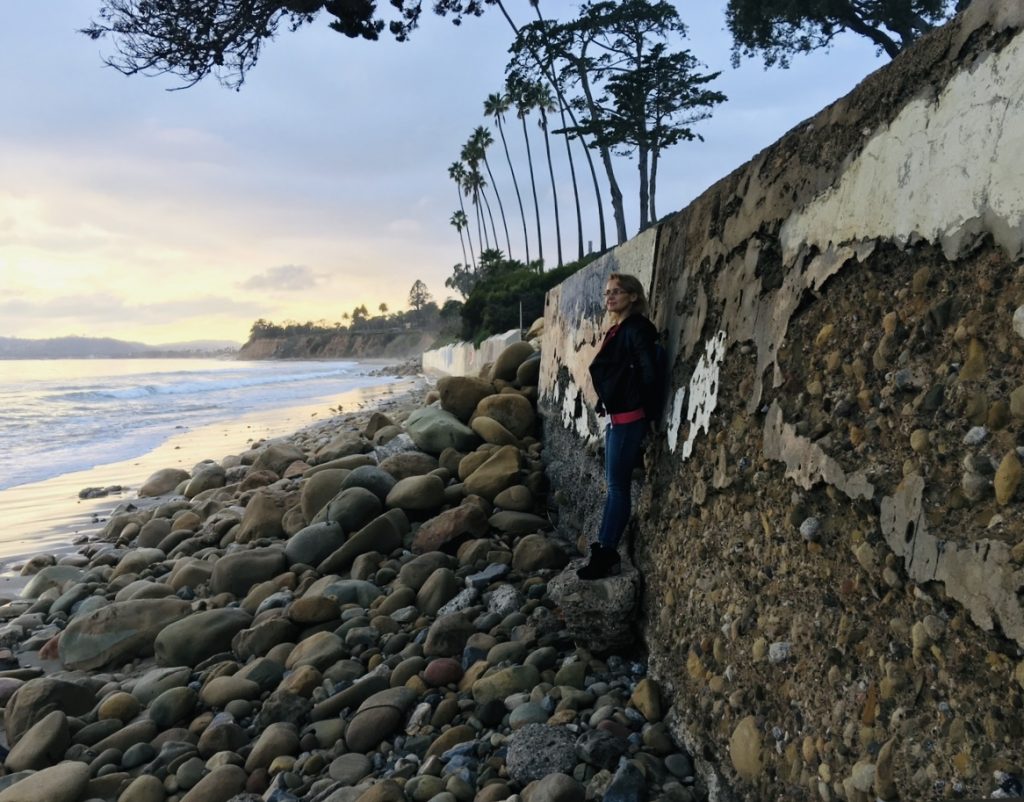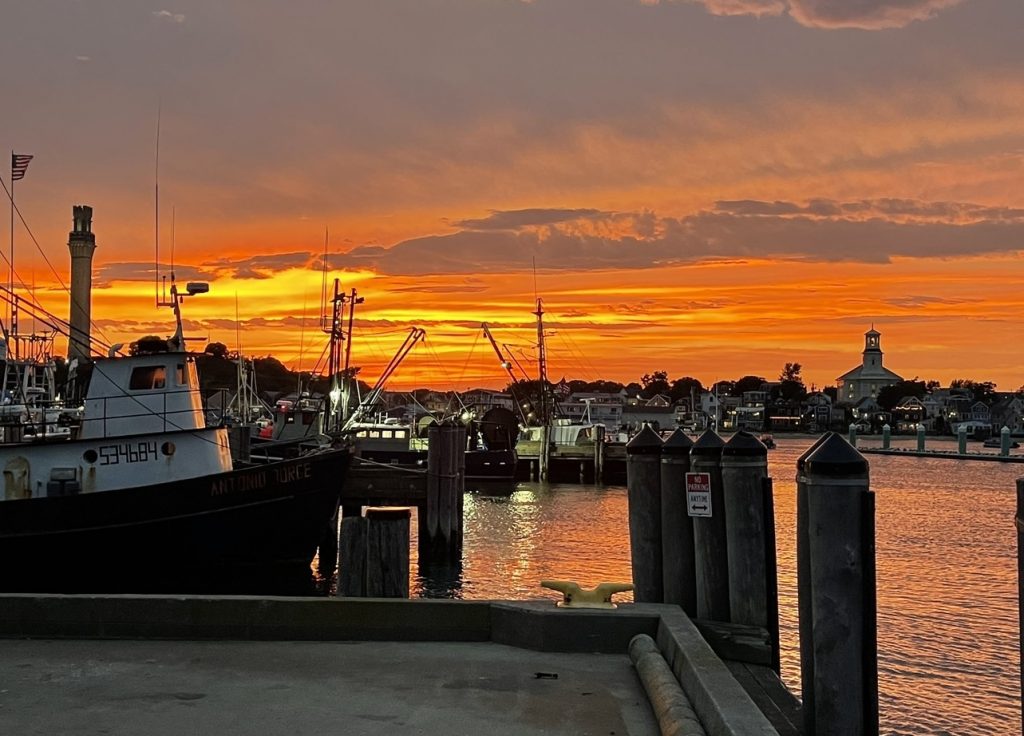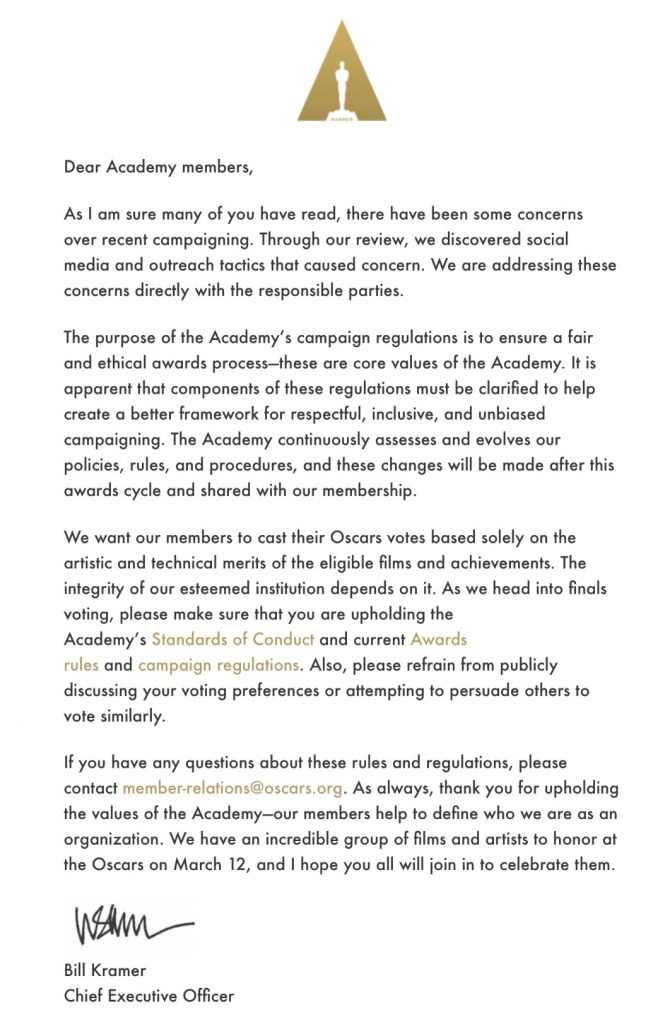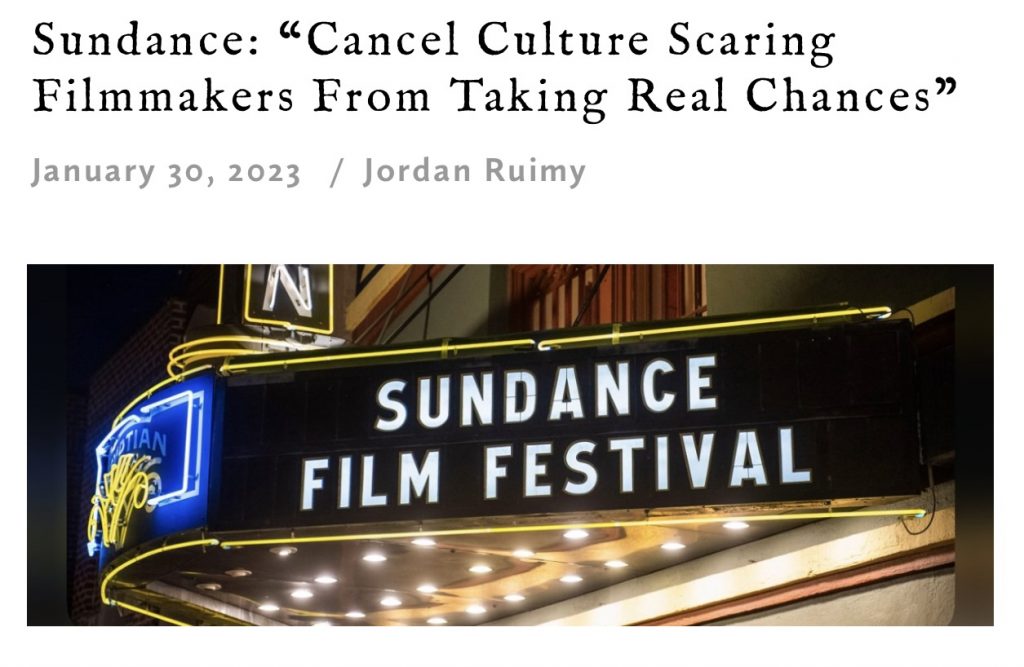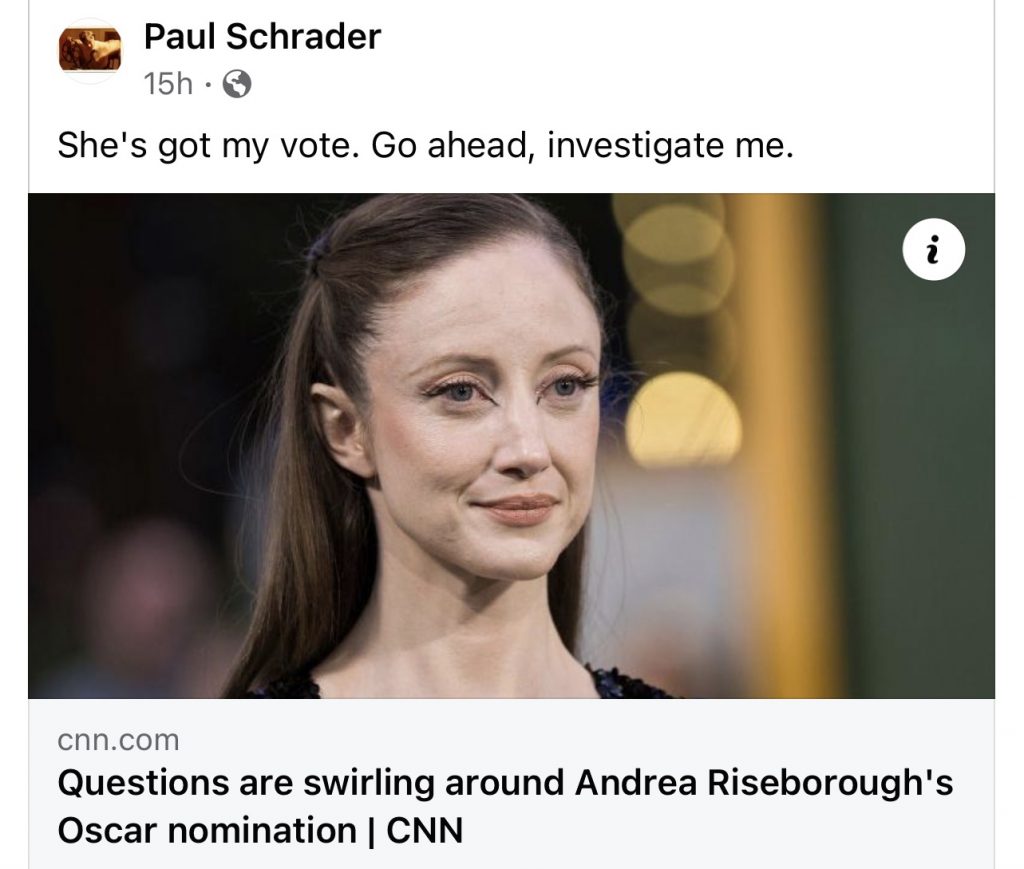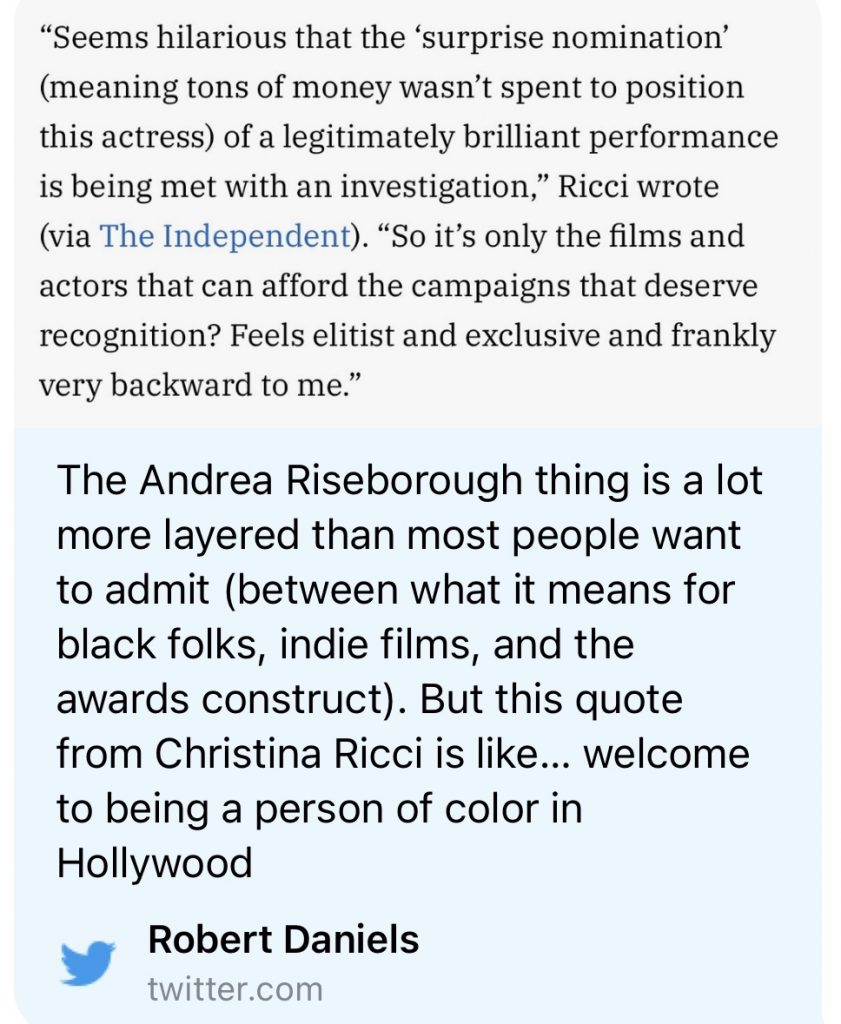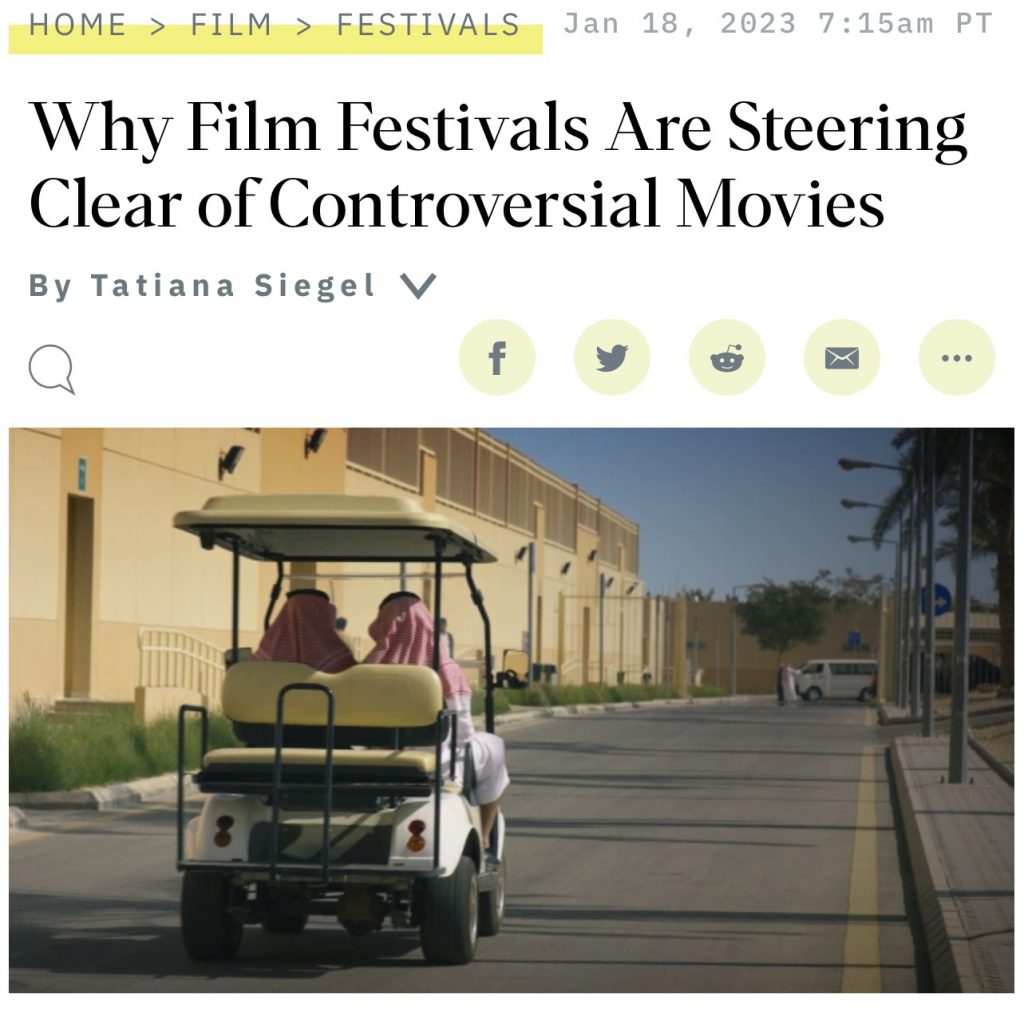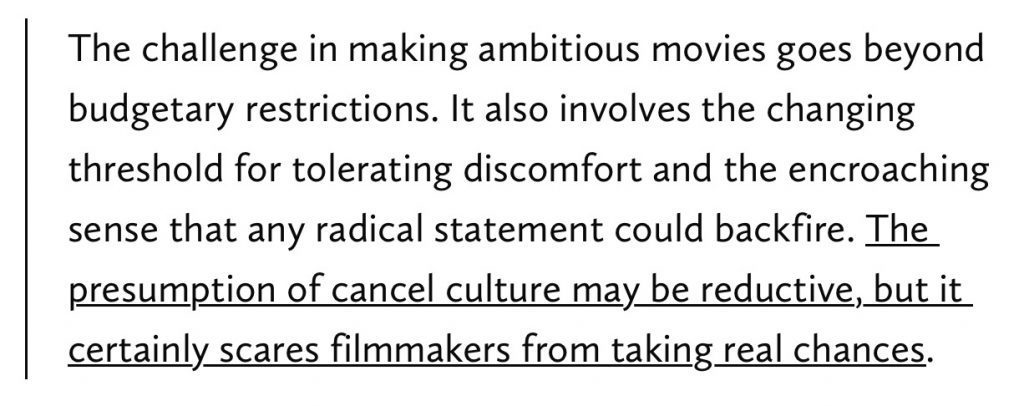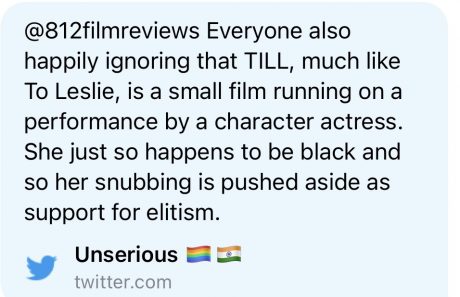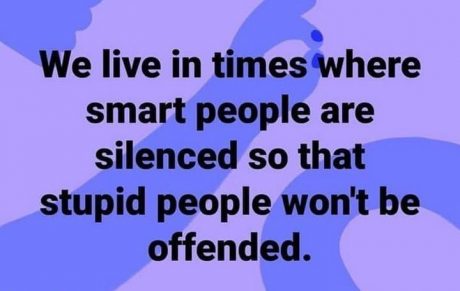From HE commenter “joshsleeps” (opsted last night): BREAKING: TRANSCRIPT OF JASON WEINBERG‘S SECRET MOTIVATIONAL SPEECH LEAKED [wee below]:
“Alright, you fucksticks. Kate, Edward, Charlize, Jennifer, Amy, Susan…if you ever want another nomination you’d better get your asses in line and start tweeting about Andrea right effing now.
“Oh, what’s that? I don’t give a shit if you haven’t seen the movie. As far as you’re concerned this is the greatest female performance of all time. I’m talking all day, e’ryday — I wanna see tweets and grams.
“Jamie Lee! Put. That. Coffee. DOWN. Oh, you think I’m fucking with you? I assure you, I am not fucking with you. Who do you think bought your nod this year? I’ll take it back faster than you can say ‘It’s an honor just to be nominated.’
“Katie, honey, you want Avatar 5? You better sign up to host a screening right fucking now.
“Gwynnie, you wanna keep that sweet sweet Goop cash and avoid an IRS audit, you’ll ‘gram that Andrea deserves all the awards — even the ones that haven’t been invented yet! Yes, I’m dead fucking serious.
“Howard! Don’t think your washed-up ass is exempt from any of this. Next time I’m in gridlock on the 405 and trapped with your shit radio show, I’d better hear nothing but Andrea’s name comin’ out your mouth.
“Are we clear, dipshits? It’s fuck or walk, post or host. Guy doesn’t come to a special screening ‘less he wants to vote. You can’t close him, you can’t close shit, you are shit, hit the bricks, pal! Cuz you are finished.
“I have no sympathy for you. Close this nomination, the world is yours. But I don’t hear Andrea’s name come Tuesday morning, you’ll all be shining my shoes. And you know what you’ll be saying? Buncha losers sitting around a bar, ‘Oh, I used to be an actor, tough racket.’
“You’ve been warned. Now go out and make this happen. For Andrea. For me. For you. Or else.”
